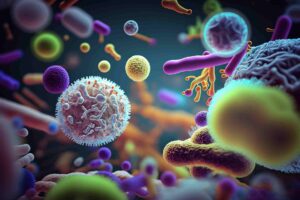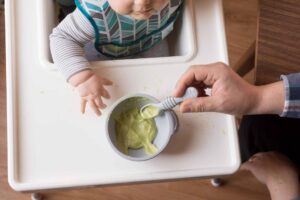early infancy
Gynecology, Pediatrics
Larger studies with longer follow-ups are needed to assess whether and how VMT influences neurodevelopment.
Pediatrics
Analyzing how different exposures affect the infant gut microbiota could help researchers identify confounding factors and potential microbiota modulators.
Gynecology, Pediatrics
The findings of a recent study suggest that vaginal seeding is safe and may normalize the gut microbiota in infants born by C-section.
Industry
The FDA has granted orphan drug designation for IBT’s product IBP-1016 for gastroschisis.
Pediatrics
The findings of a recent study may help to develop diagnostic or therapeutic approaches to reduce bacterial bloodstream infections in newborns.
Pediatrics, Scientific research
The findings of a recent study suggest that lifestyle can influence how bacterial strains are shared between mothers and infants.
The 6’-SL HMO from Chr. Hansen is approved for highest use levels in infant formula and follow-on formula in EU.
Gastroenterology, Pediatrics
The findings of a recent study offer new insights into the diversity of the human virome and provide a resource that may help future research into the viruses that populate…
Gynecology, Pediatrics
The findings of a recent study show that a mother’s vaginal microbiota does not affect infant gut microbiota composition and development.
Gastroenterology, Pediatrics
A recent study shows that microbiota maturation during weaning contributes to normal immune development and protection from infection.












